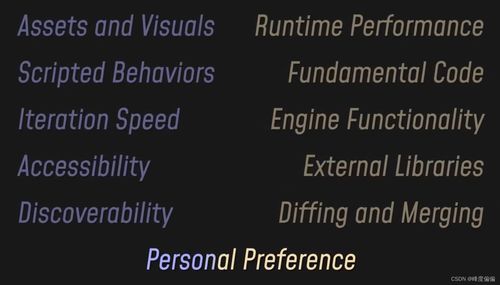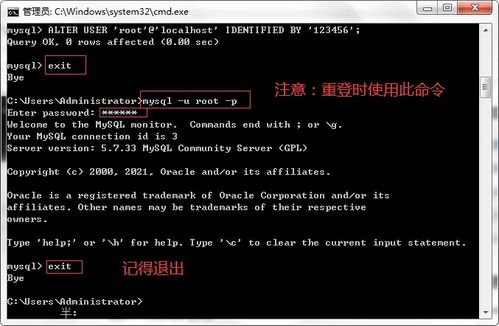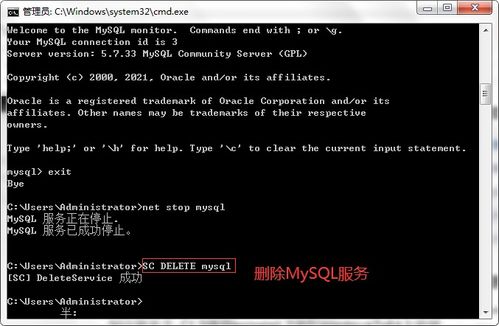Why Use No-Opener in Links?
When you’re crafting links on your website or email, you might have come across the attribute “target=”_blank””. This attribute is used to open a new tab or window when a link is clicked. However, there’s another attribute you might want to consider: “rel=noopener””. This attribute is gaining popularity for its unique benefits. In this article, we’ll delve into why you should use “rel=noopener” in your links.
What is “rel=noopener”?

“Rel=noopener” is an HTML link relation attribute that tells the browser not to change the referrer information when navigating to the linked document. By default, when you open a new tab or window with a link, the referrer information is sent to the destination page. This can be a privacy concern, as it may reveal your browsing history to the website you’re visiting.
Privacy Concerns

One of the primary reasons to use “rel=noopener” is to protect your privacy. When you click on a link with “rel=noopener”, the browser will not send the referrer information to the destination page. This means that the website you’re visiting won’t be able to track your previous page or infer your browsing history. This is particularly important when dealing with sensitive information, such as personal data or financial transactions.
Security Benefits

Using “rel=noopener” can also enhance the security of your website. By preventing the referrer information from being sent, you reduce the risk of clickjacking attacks. Clickjacking is a technique where a malicious website overlays a hidden element on top of a legitimate website, tricking users into clicking on it. If the referrer information is sent, the malicious website can determine which legitimate website the user was visiting, making it easier to exploit.
Compatibility and Implementation
“Rel=noopener” is supported by all modern browsers, including Chrome, Firefox, Safari, and Edge. To implement it, simply add the attribute to your link tag:
<a href="https://example.com" target="_blank" rel="noopener">Click here</a>It’s important to note that “rel=noopener” only works when the link is opened in a new tab or window. If the link is opened in the same tab, the referrer information will still be sent.
Alternative Solutions
In some cases, you might want to open a link in a new tab or window without using “rel=noopener”. One alternative is to use JavaScript to open the link. This can be done by adding an event listener to the link and using the “window.open” method:
document.addEventListener("DOMContentLoaded", function() { var links = document.querySelectorAll('a[target="_blank"]'); links.forEach(function(link) { link.addEventListener("click", function(event) { event.preventDefault(); window.open(this.href, '_blank'); }); });});This method ensures that the referrer information is not sent, but it requires JavaScript to be enabled in the user’s browser.
Conclusion
Using “rel=noopener” in your links can provide significant privacy and security benefits. By preventing the referrer information from being sent, you can protect your users’ privacy and reduce the risk of clickjacking attacks. While there are alternative solutions, “rel=noopener” is a simple and effective way to enhance the security and privacy of your website.

















